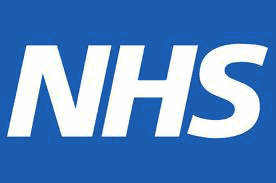What is more important in medical treatment - a firm scientific foundation or the patient experience and choice? Many patients, including some with asthma, swear by homoeopathy, and other complementary and alternative treatments. Yet there is little evidence (of the sort we would expect for a more conventional drug) that homoeopathy has any therapeutic effect in itself. Some people believe that if homoeopathy does help, then maybe it is more to do with the attention given by the homoeopath to the patient, or to the placebo effect of the homoeopathic dilution (sometimes so dilute as to be virtually indistinguishable from water). There is nothing to stop people buying their own homoeopathic remedies if they feel they work. You can buy homoeopathic remedies in many high street chemists - a fact that anti-homoeopathic campaigners drew attention to earlier this year. Several of them stood outside the chemists' shops and took massive 'overdoses' of homoeopathic remedies as a protest at the shops for selling what they see as worthless remedies and their cynical exploitation of people's naïveté.
The debate over homoeopathy really goes to the centre of what the NHS should be offering patients. For homoeopathy is available on the NHS. It funds five homoeopathic hospitals and remedies are available at some GP surgeries. A recent report in The Guardian said that the NHS spends as much as £4 million a year on homoeopathy. Yet a Cochrane Review (the 'gold standard' on clinical efficacy, which has experts review all the evidence on a treatment) has concluded that there is no evidence that homoeopathy works on asthma. So why should the NHS continue to use public money on funding it for asthma and other conditions? Things may be about to change. The government is looking at evidence from The Science and Technology Committee's Report on homoeopathy (which concluded that it is hard to know how much the NHS spends on it each year). It may decide that science and cost-effectiveness are more important than patient choice and preference. The cuts are almost upon us. Will NHS homoeopathy be an early victim? Let us know what you think: should homoeopathy be cut, yes or no?




